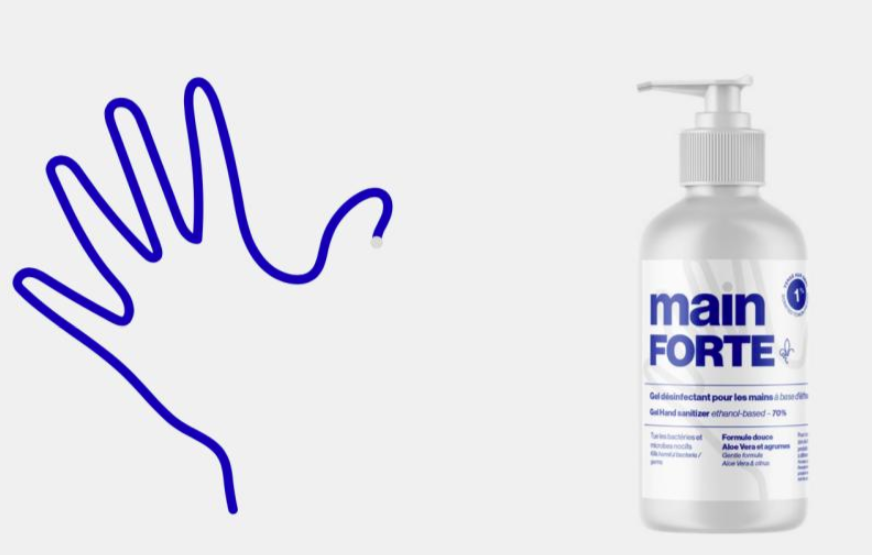You may have already read or heard the expression “personal branding.” What is it? The expression is known, but mostly unknown. It refers to something that is not new, and has even always existed.
[This article appeared in the December issue of LEADER, the magazine of the ADGC (Association of Directors and General Managers of Desjardins Caisses).]
Many people believe that personal branding—or personal brand—is a fabrication, and that it is perhaps even superficial. In fact, it is quite the opposite. Branding highlights what already exists. And far from being superficial, it goes deep into the person to bring out who they really are. Their essence.
Each one has its own branding
Each of us has and distinguishes ourselves by our personal brand. And this, since the day we were born.
This branding is simply what people say about us when we are not in the room.
It is our professional reputation added to our identity. When we refer to developing our branding, we are talking about finding the right mechanisms to highlight what sets us apart. Which of our strengths, on a personal and professional level, can allow us to stand out? How can we put them forward and gain credibility and legitimacy with our colleagues, our clients or in society?
It is true that personal branding has been around for a long time, well before the term was invented, but we are talking about it more than ever today. Why?
Public figures, especially those in politics, often say that if they do not clearly define who they are themselves, others will take care of building their reputation. This is a good reason to be concerned about your branding.
A person without a mark does not exist.
In fact, even the most discreet, invisible individual develops a reputation. Here are two more reasons why personal branding is becoming increasingly important today:
- Transparency. Not so long ago, a general manager (GM) of a fund could work in his office and stay behind his screen without worrying about his reputation. Today, anyone can go online, find him and quickly form an impression about him. And this impression can have an impact on the fund. We live in a world where the line between private and public life is extremely thin.
- The ease of access to communication tools. Today, with social networks, everyone can become their own media. We no longer really have any other choice than to be proactive if we want to have an influence on the way we want people to characterize and describe us.
Every week, I meet entrepreneurs and business leaders who need to put forward their expertise, credibility and legitimacy to seek out new clients or attract new talent to their organization.
A fund CEO is also in the position of an intrapreneur.
I believe that he also has the responsibility of being the spokesperson and ambassador for his caisse, of attracting members, of attracting the best talent. The time when only the prestige of a company mattered is over. People want to put a face to an organization. If Guy Cormier is the new ambassador for the entire Mouvement Desjardins, each GM is the ambassador for his caisse in his community.
What is yours?
First of all, and this is the most important point, the goal of developing your personal branding is not to become a star and be known by everyone.
The goal is to be known by the right people. So you have to ask yourself the right questions from the start, starting with this one:
Who needs to know I exist?
This question is crucial because you can’t please everyone. A personal brand must be able to express itself to different audiences.
For example, as a CEO, you probably need to be present in the business community and be in contact with local business leaders. How do you meet them, and where? On the phone, at happy hours, at public events? How do you show your presence, what mark do you leave? What opinions do you express, and what opinion do people have of you after seeing and hearing you?
Working on your personal brand is not an end in itself. It is a means to something else.
It can be a professional development tool for those who are starting or changing their careers, but for CEOs or business leaders, the objective is more often linked to the brand of the organization they lead. And there, we arrive at the broader concept of “employer brand“. It ensures that the culture, the branding of its company is preserved in terms of human resources. As Jan-Nicolas Vandeveken, president of Havas Canada, an advertising agency, recently said at the Employer Brand Forum organized by Infopresse,
“An employer brand is the sum of the personal brands of all the employees who make up the organization.”
This is especially true for a Desjardins caisse. The member who goes there is in contact with a person at the caisse, a financial advisor, the CEO. All these personal brands contribute to the interpretation he will have of the financial institution.
I have just given an overview of the general concept of personal branding. It is attracting growing interest because we live in a society where reputations are made or broken based on impressions and interpretations. It is always frustrating to be misunderstood, but what a joy to know that people have truly understood who you really are and what you can bring them. And you, do you know how people perceive you?





